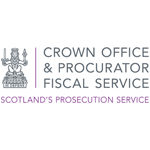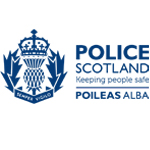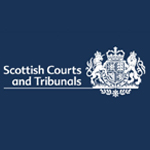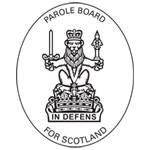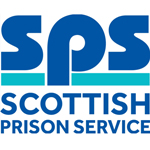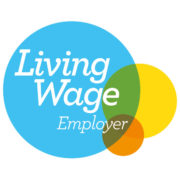Domestic Abuse
Domestic abuse is any form of physical, verbal, sexual, psychological or financial abuse which takes place within the context of a relationship and might amount to criminal conduct.
The relationship will be between partners (married, cohabiting, civil partnership or otherwise) or ex-partners. The abuse can be committed in the home or elsewhere including online.
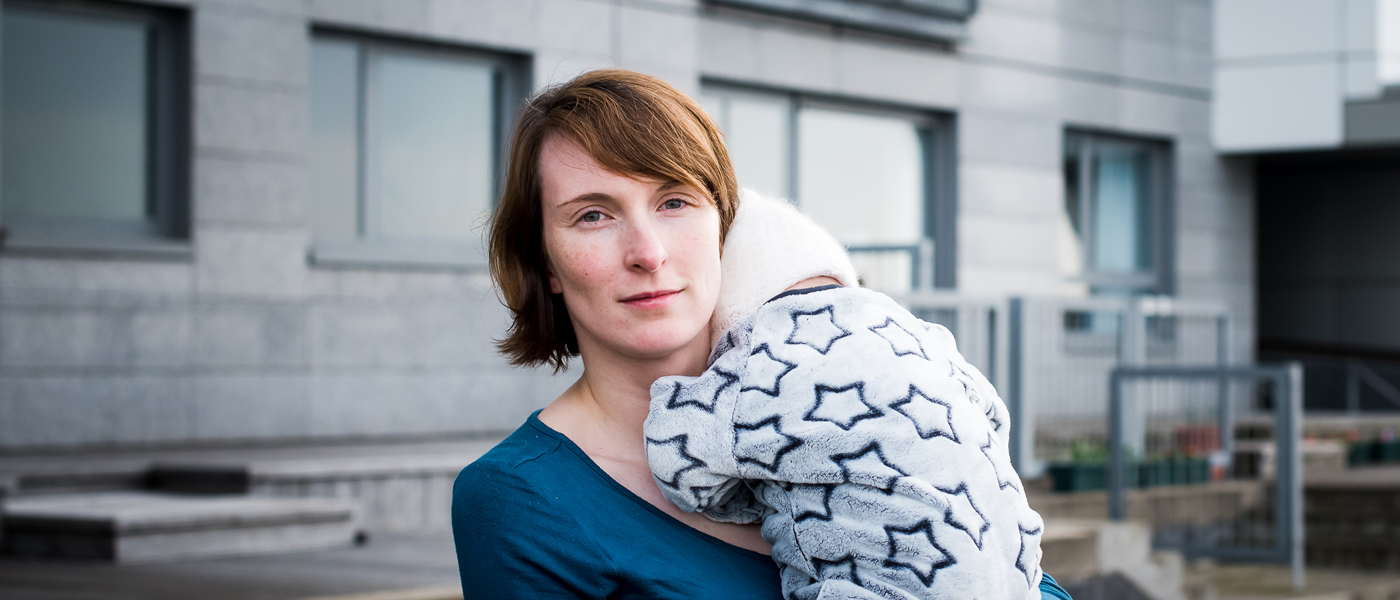
There is a common misconception that domestic abuse is just physical abuse. This is not the case. Under Scots law, domestic abuse can be physical, verbal, sexual, emotional and/or mental abuse, including coercive control. No one type of abuse is more serious than another.
Domestic abuse can affect anyone. Domestic abuse can occur in all types of relationships between partners and ex-partners. Abusers and victims can be male or female, any race or religion and from all different types of background. It exists in all sections of our communities.
A victim of domestic abuse may live in fear, unable to predict when the next attack will come. They may become isolated from friends and family, and increasingly dependent on the abuser. In these circumstances it can be very hard to make sense of what is really happening. They may start to believe the abuser’s insults. They may blame themselves for the abuse or deny that it is taking place.
Abused persons often experience conflicting emotions such as fear, anger, anxiety, shame, resentment, sadness, isolation, lack of confidence and self-esteem, insomnia and powerlessness.
It’s important to remember that all of these reactions are normal and this is not your fault — only your abuser is to blame for their behaviour.
If you’re concerned about someone being abusive, you have the right to ask the police about the background of:
- Your partner
- Potential partner
- Someone in a relationship with a friend, relative, neighbour, etc.
If checks show someone does have a record of abusive behaviour, the police will consider sharing the information with the people best placed to protect potential victims.
Find out more about checking if your partner has a history of abuse.
If you are wondering whether a relationship is abusive you should look at how the behaviour of your partner or family member makes you feel. If you feel intimidated, controlled or unable to speak out, that’s abuse.
Here are some signs you might be in an abusive relationship:
- Your partner criticises you and makes you doubt yourself. You might start believing that you’re unattractive, or lucky to have a partner at all.
- You feel anxious and stressed in your partner’s presence. You worry about how your partner might react and this makes you change your behaviour (like staying in more) to avoid arguments with them.
- You feel intimidated and scared of your partner when they get angry — their behaviour might be unpredictable and/or aggressive.
- You’re made to feel guilty and not given the freedom to do things you want to do. Your partner might control you by telling you who you can and can’t see, or emotionally blackmail you. Examples of emotional blackmail are:
- “If you don’t do what I tell you to do, I will take the children away from you.”
- “If you don’t start making better meals, I will give you less housekeeping money.”
Crime can impact you in many ways – emotionally, mentally, physically, financially and practically. That’s why Victim Support Scotland is here to help.
Our support workers and volunteers are available to you in person, over the phone and in the courts throughout Scotland. We support you no matter who you are, and no matter what the crime.
The criminal justice system can be confusing, and we can provide you with practical advice and information to make this process easier. We promise you:
- We will take the time to listen to you
- We won’t judge you
- We will provide you with support in whatever way best suits you
- We will explain your rights in a way you can understand
Our trained and experienced volunteers deliver support throughout Scotland. There is a Victim Support office in every local authority area and we can support you going to court or in your own community (at home or in our offices).
You can access our services regardless of whether you have reported the crime or not to the police. Our services are free, independent and confidential.*
*We will only alert someone else if we feel you are at risk to yourself or to others.
Whoever you are and whatever the crime, we’re here to help
-
Call our free helpline | Mon-Fri, 8am-8pm
0800 160 1985 -
Help near you
Enter town or postcode:
-
Request support
Complete our form


